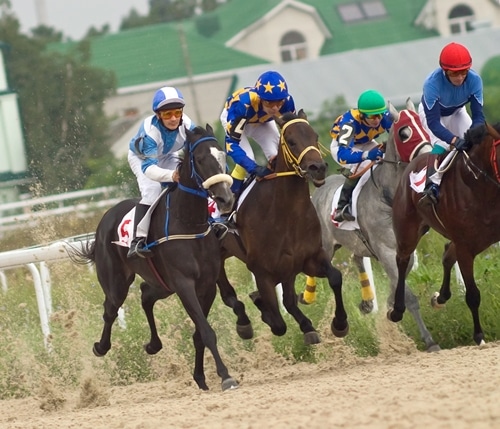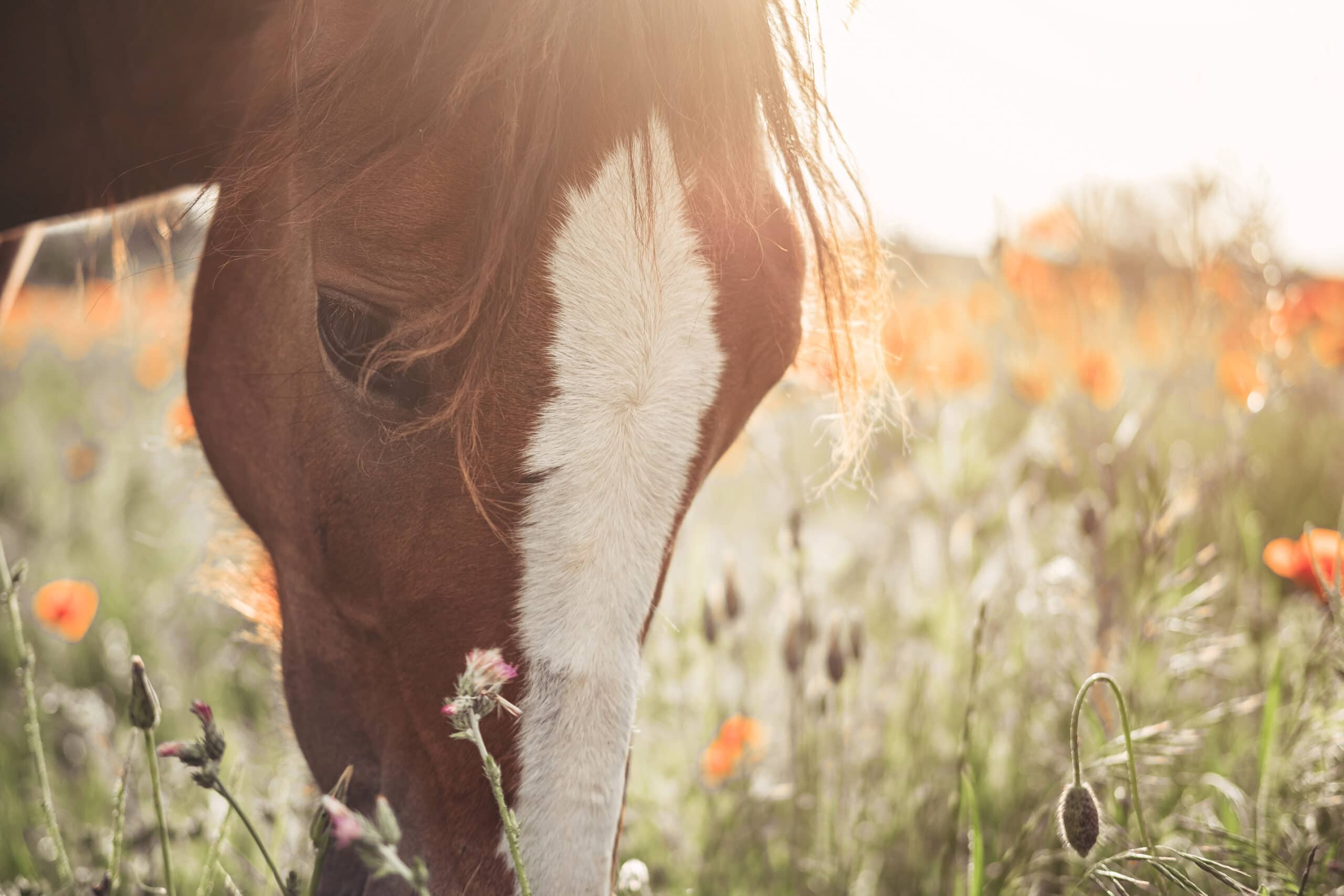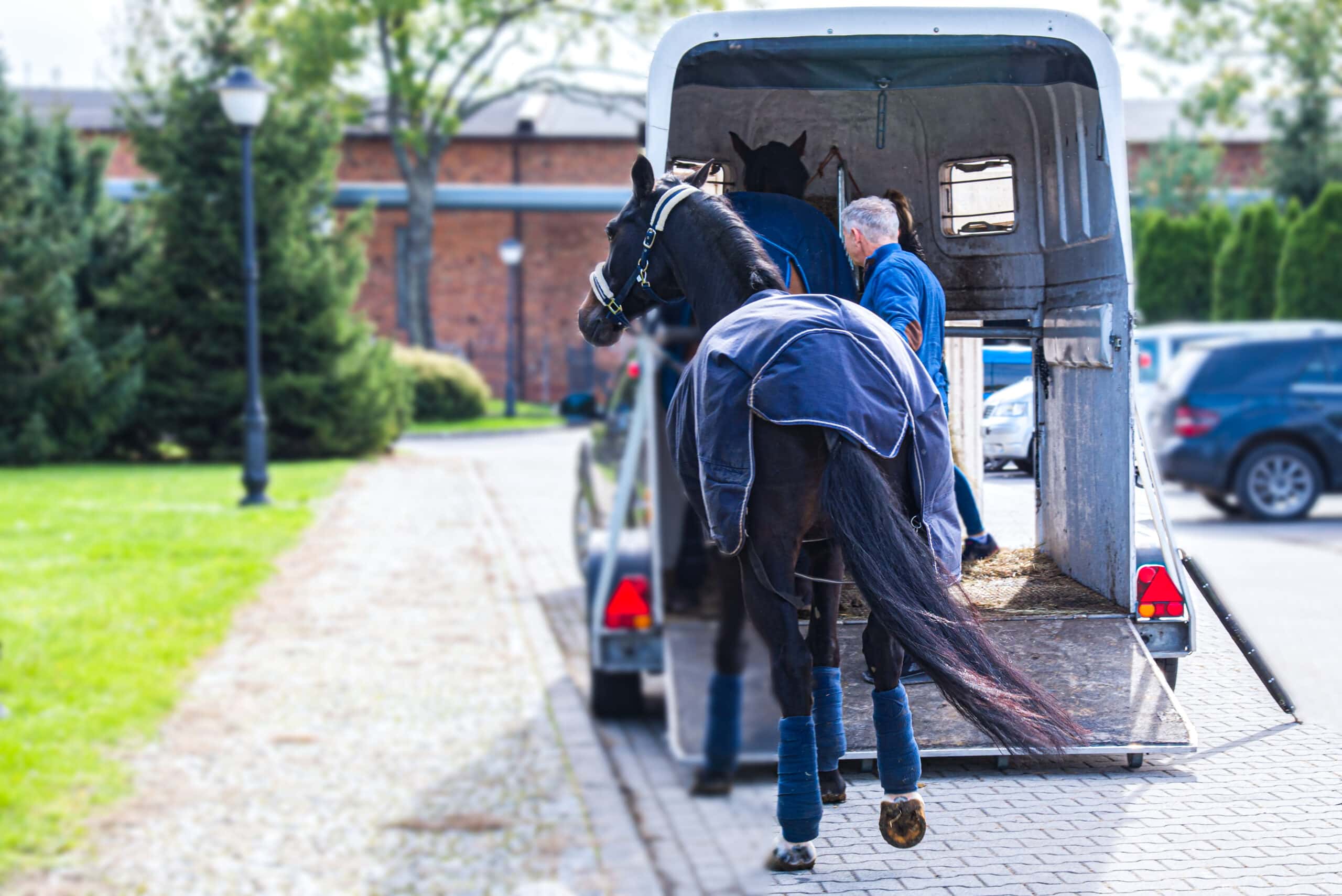As the world of horse racing becomes more popular and mainstream, the science behind these animals’ speed and competitive instinct continues to be a relevant topic. The genetics behind the breeding of racehorses has always indicated that offspring gradually becomes quicker with every passing generation, but there have been multiple reports alluding to the notion that racehorses have already reached the peak of being faster than previous generations. However, one recent study has indicated that this may be the tip of the iceberg in relation to how fast these animals can eventually become.
New study contradicts reports that racehorses have reached speed limits
In a study published by The Royal Society’s journal Biology Letters, researchers have analyzed the various factors that may contribute to new data suggesting that racehorses are continuing to become faster. The results of the examination conflict with previous reports and beliefs that racehorses had already reached their limit, and the researchers stated that these findings were inaccurate due to noticeable limitations in those studies.
This analysis in particular used an extensive dataset to collect more information on racehorse speeds and race results than had ever been utilized before. The researchers took factors into consideration, ranging from results of a wide spectrum of race distances, ground softness, conversion scales and other methods that dated all the way back to 1850. Patrick Sharman, a Ph.D. candidate at Exeter University in the U.K. and leading researcher in the study, reviewed race times from every “elite race” that involved the fastest horses in the world from between 1850 to 2012. Sharman initially found that there was minimal improvement in racehorse speeds from 1910 to 1975, but since then, records indicate that there has been significant refinement in finishing times at sprint races.
Among the results discovered by the researchers, one point of emphasis was that the average winning time for a six-furlong race within the previous 15 years had been reduced by more than a second. To put this into perspective, this means that a horse based on today’s standards would beat a horse from the early ’90s by at least seven horse lengths. In relation to distance, the steady decrease in racing times was mainly attributed to shorter lengths, with middle and longer distances only showing minimal speed improvements.
Training and breeding methods
Another primary objective of the study was to accurately determine the main causes behind these gradual increases in racehorse speed. Sharman and the other researchers pointed to trainers breeding their horses for speed rather than endurance in addition to improved riding techniques by jockeys as the primary factors explaining these faster times. While speed over endurance may be the current trend in horseracing, Sharman told the BBC that he still believes there’s much opportunity for racehorses to improve upon their longer distance racing times.
“My hunch is that we are seeing a genetic change, with breeders focusing on speed rather than endurance,” Sharman said in an interview with the BBC. “I don’t believe that over the longer distances horses have reached their limit.”
One puzzling piece of evidence discovered by the researchers was that the average weight carried by race horses gradually increased from 1997 to 2012, which would normally indicate a reduction in speed. This may be a sign that current racehorses are still masking genetic potential, while also implying that racing techniques by jockeys have significantly improved from past decades. Whether or not this speed over endurance breeding strategy will pay off for trainers in the long run, science indicates that there’s no telling how fast racehorses will continue to get in the future.









